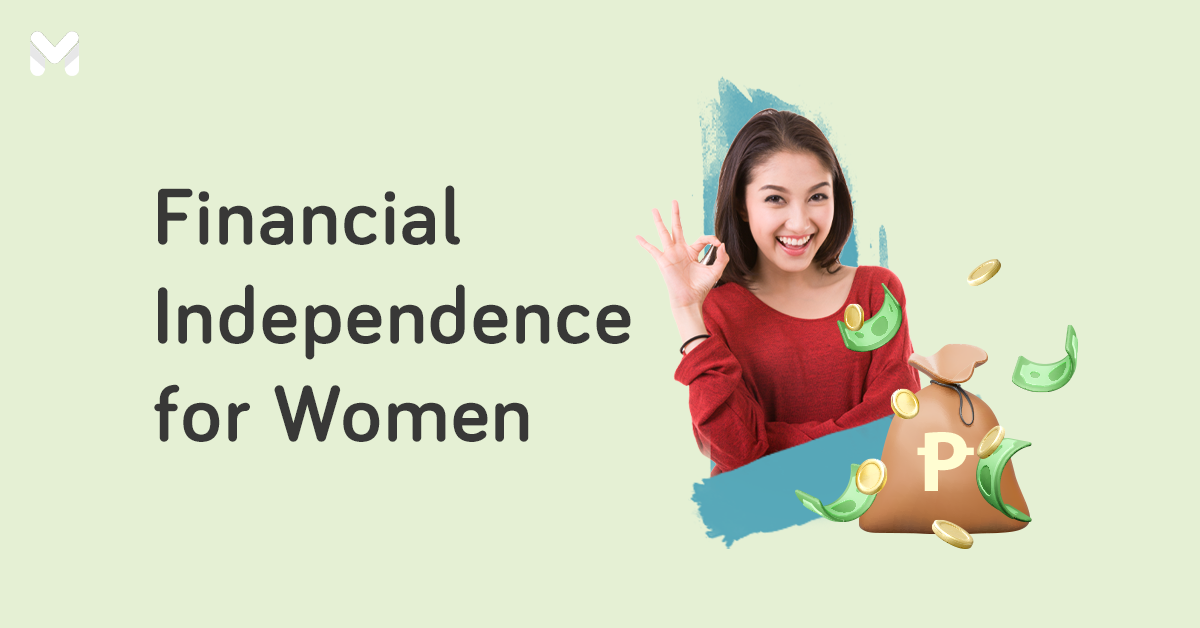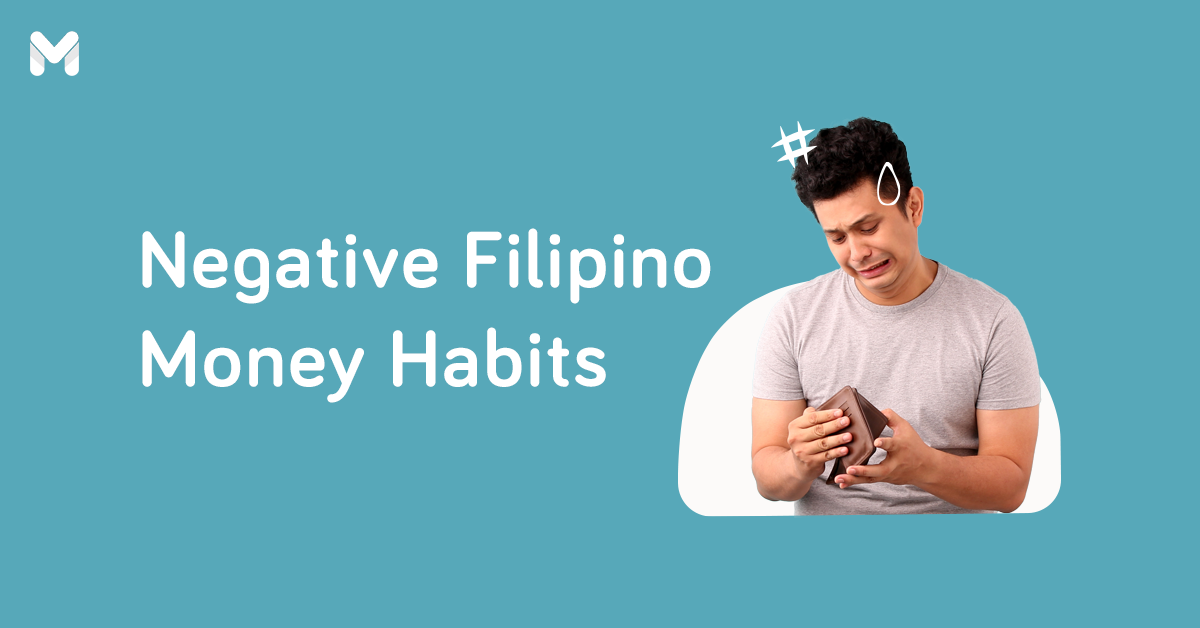What’s the difference between a credit report and a credit score?
It’s hard to tell because the two terms seem very similar. They're both important for lenders in determining how responsible you are as a borrower. You also need to access both for building your creditworthiness. Not to mention that they sound pretty much the same.
That's where the similarities end, though. To help you distinguish one from the other, we've broken down for you the key differences between a credit report and a credit score in the Philippines. Read on as we break down credit report vs credit score in the Philippines.
What is a Credit Report?
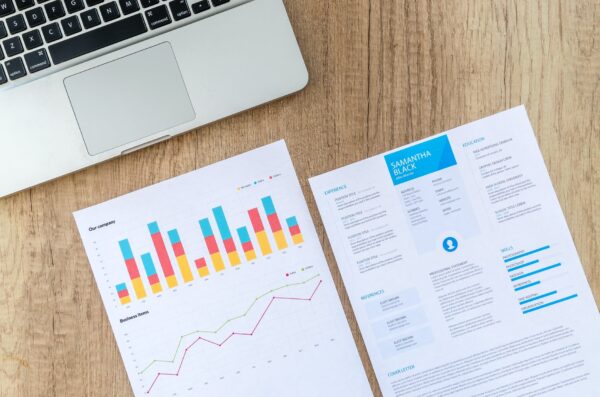
A credit report is a detailed summary of your borrowing and repayment activities. It contains your personal and/or business information, as well as pertinent details of your loans, credit cards, mortgage, and other financial transactions.
In a nutshell, here's how credit reporting works in the Philippines:
- Banks and other financial institutions submit their clients' credit information (both positive and negative) to the Credit Information Corporation (CIC), the public credit registry and repository of credit information in the Philippines.
- The CIC compiles the collected credit information into in-depth credit reports.
- The CIC shares credit reports of borrowers to lenders that are official accessing entities (submitting financial institutions authorized by CIC to access basic credit data), and to their accredited credit bureaus.
- Lenders use the information in credit reports to assess whether to lend money to a borrower or not.
Read more: What is a Credit Report and Why Do I Need it?
What is a Credit Score?
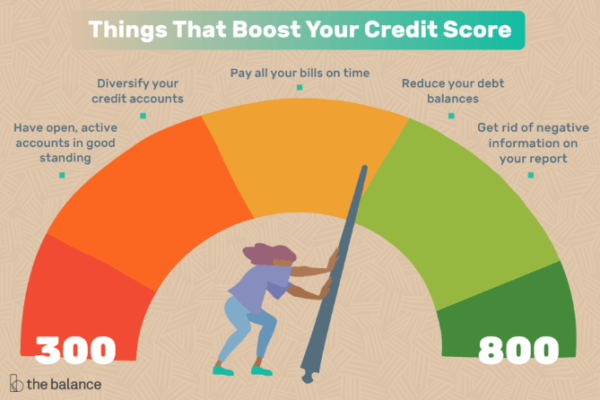
A credit score is a three-digit numerical value (ranging from 300 to 850) that indicates your ability to repay your debts. The higher your score, the more creditworthy you are.
Your credit score tells lenders how likely you'll pay back the money you will borrow based on your past financial transactions. Likewise, your credit score tells you how likely you'll be approved for a loan or credit card.
Four factors affect your credit score:
- Payment history - Whether you've paid your loans and bills on time
- Credit utilization rate - How much you're using your total available credit
- Length of history - How long it's been since your accounts were opened
- Credit mix - Whether you have different types of credit such as car loans, personal loans, credit cards, etc.
Read more: What is a Credit Score and Why Should I Improve It?
Credit Report vs Credit Score: The Main Differences
Based on the definitions above, your credit report is like your financial resume while your credit score is like a grade or rating of your financial health.
Besides their format (document vs number), here are three major differences between credit reports and credit scores in the Philippines.
1. Credit Reports Give More Details
Your credit score is just that—a number that shows the statistical likelihood of your ability to repay a debt. It doesn't provide answers to questions like, "Why is my credit score low?"
This is where your credit report becomes helpful. Such a detailed report provides more insight into what exactly has caused your score to go up or down.
Reviewing your credit report allows you to check for any delinquency in your past and present credit accounts. For instance, consistent late payments, an unpaid loan, or a maxed-out credit card may have contributed to your low credit score.
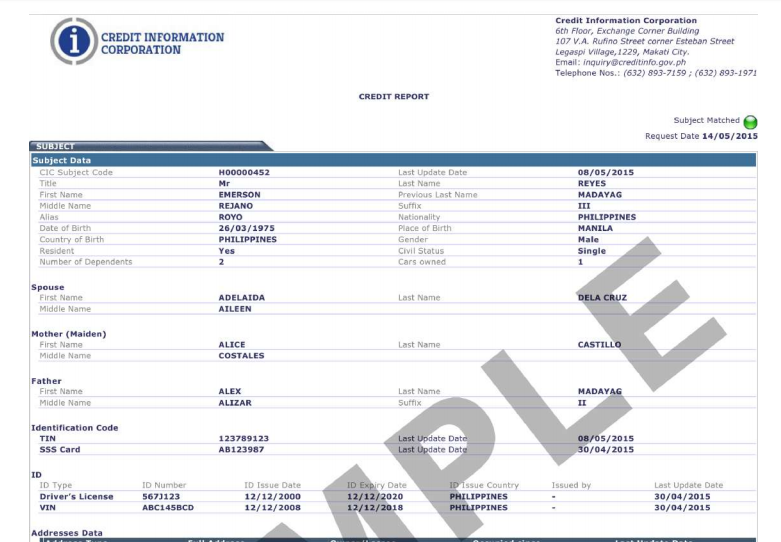
Through your credit report, you might discover an error (such as a typo, data inaccuracy, outdated payment history, etc.) or a potential case of identity theft. This is something you won't know by just looking at your credit score.
A mistake in your credit information could be a deterrent to getting loans and credit cards. Worse, if someone has stolen your identity and used your accounts for fraud, your finances will be in big trouble.
Good thing, you can file a dispute online through the CIC website for free if you find an error in your credit report. This will allow you to clean up your credit report and improve your credit score.
2. Credit Report is the Basis for Credit Score Computation
Credit bureaus use the credit report from the CIC as their main source of credit information for calculating a borrower's credit score. They then analyze the data from the credit report to generate a credit score.
This is why the credit score is often referred to as “the snapshot of a credit report.” There would be no credit scores without credit reports.
3. No Credit Score on a Credit Report
Does my credit report show my credit score? You might wonder.
No, a credit report does not reflect the borrower’s credit score. You have to get them separately.
The CIC and its accredited credit bureaus process requests for credit reports in the Philippines. Meanwhile, credit bureaus offer credit scoring as a value-added service.
Quick View: Credit Report vs Credit Score Differences
| Credit Report | Credit Score | |
|---|---|---|
| What it is | A detailed record of your financial transactions | A number that measures your creditworthiness |
| How it is generated | Based on credit data the CIC receives from various financial institutions | Based on the information in your credit report |
| Where to access | CIC or any CIC-accredited credit bureau | Any of the CIC's accredited credit bureaus |
How to Get Your Credit Report
Here's how to request a copy of your CIC credit report.
- Go to the CIC website to set an appointment for a Know Your Customer (KYC) process.
- Open the confirmation email from the CIC, download the attached application form, and print the document.
- On your scheduled date and time, visit the CIC office to undergo the KYC process.
- Present at least two valid IDs for verification.
- Pay the PHP 55 fee to the cashier.
- Submit your official receipt and printed application form.
- Review and confirm the data encoded in the system.
- Sign the acknowledgment receipt section in the application form. Within the day, you'll receive a copy of your credit report from the CIC via the email address you've used in booking your online appointment.
(Note: Processing of CIC credit report application is temporarily unavailable during the community quarantine period until further notice. Follow the CIC Facebook page and wait for an announcement on when it will resume.)
How to Get Your Credit Score
You may inquire on how to get your credit score through any of the CIC-accredited credit bureaus that offers credit score evaluation. You may find them on the CIC website under Accredited Credit Bureaus.
Make your credit score request via email or phone call. You'll be required to provide your personal and contact information, as well as a valid ID such as your passport or driver's license.
Final Thoughts
Now you understand the difference between credit report vs credit score. Regularly monitor both, ideally before you apply for a loan or a credit card. In doing so, you can pinpoint and correct any inaccuracy or outdated information that could hurt your chance of getting the lender's approval.
It's easy, convenient, and affordable to access one's credit report and credit score nowadays, so get yours as soon as you can.
This article was created in partnership with the Credit Information Corporation. While we are financially compensated for this collaboration, we ensure to maintain our editorial integrity to provide you with the best recommendations that can help you make smarter financial decisions.








